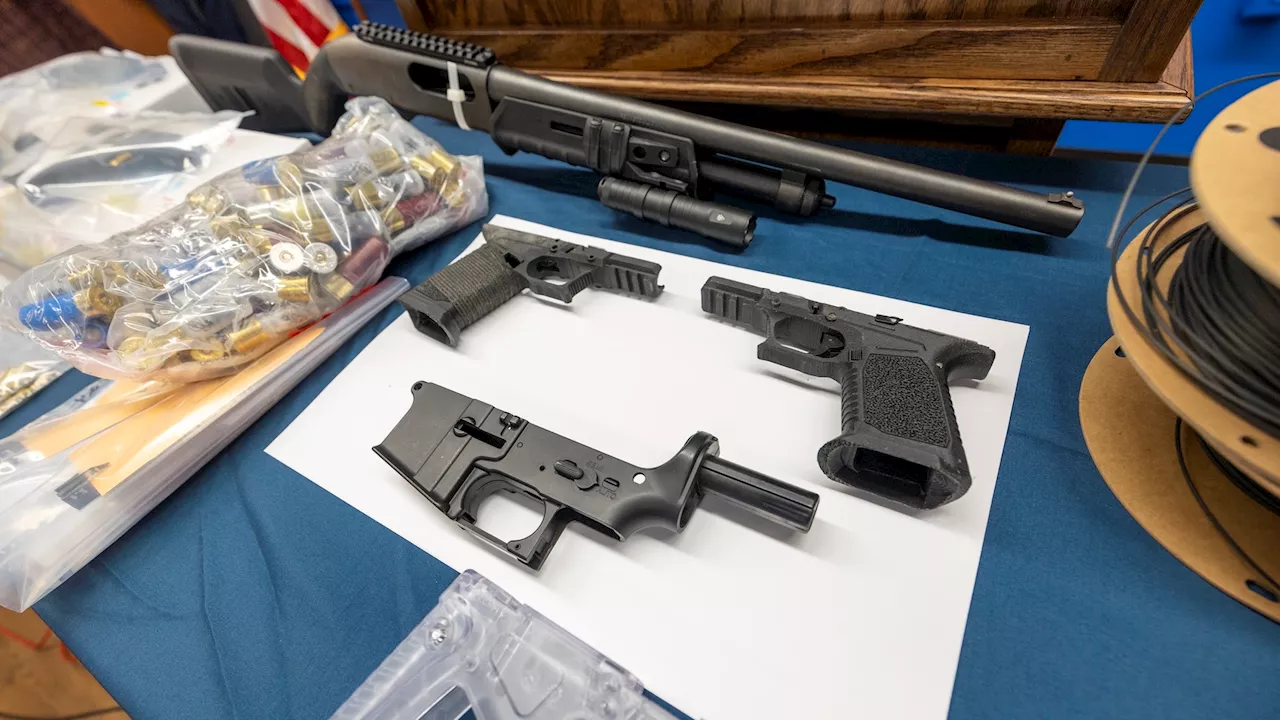New York state senator Jenifer Rajkumar introduces a bill requiring background checks for 3D printers capable of printing firearms, aiming to curb the proliferation of untraceable weapons.
Recent high-profile crimes have brought renewed attention to 3D-printed ghost guns, but the firearms remain largely unregulated at a federal level. State lawmakers, however, are attempting to legislate the weapons through new regulations. Earlier this month, New York state senator Jenifer Rajkumar (Dem, NY Dist. 38) introduced a bill that doesn’t restrict the actual guns, but the 3D printers making them. The first publicly available plans to make a 3D-printed gun were published online in 2013.
And although Defense Distributed’s single-shot “Liberator” pistol generated plenty of headlines, the open-source organization’s mostly plastic weapon simply wasn’t very practical or effective. “It isn’t any more a gun than any other very short piece of plastic pipe is a ‘gun,’ the UK-based tech site, The Register, wrote at the time, adding that any bullet fired from a Liberator “might go almost anywhere, though not very far, and is unlikely to do much damage to anything it manages to hit.” After a decade’s worth of advancements, 3D-printed ghost guns are now often better made, cheaper to produce, and far deadlier than any single-shot Liberator. UnitedHealthcare CEO Brian Thompson’s accused assassin Luigi Mangione reportedly used both a silencer and firearm made with 3D-printed parts, while even more complex weapons can be crafted for less than $500. As of writing, however, only 15 states—New York included—have laws regulating 3D-printed guns. But while New York already bans the very act of making and distributing such weapons, law enforcement continues to face an uphill battle tracking down violators and enforcing the regulation. This is where bill A2228 comes into play. As Fast Company first reported on January 24, the proposal would require FBI-reviewed fingerprinting and criminal background checks for anyone seeking to purchase a 3D printer “capable of printing a firearm, or any component of a firearm.” The wording is particularly important here, since it greatly widens the law’s scope to include many of the cheaper, more accessible printers. Manufacturing an entirely 3D-printed gun still requires specialized equipment, but even the most common printers now available in public libraries and schools can create most parts. The materials and machines are so widespread that many serialized and regulated firearms already utilize printers to mass produce plastic gun frames. Bill A2228 would allow up to 15 days for New York’s Division of Criminal Justices to review an applicant’s information. Anyone previously convicted of a felony or “serious offense,” or subject to an outstanding warrant, would then be flagged and prohibited from purchasing the 3D printer. The proposed law appears to already be drawing pushback—but not necessarily from gun advocates. A2228’s public comments section features numerous people arguing that background checks for 3D printers would create unnecessary hurdles for many users.“Three-dimensional printers have a wide range of legitimate, non-firearm-related applications, such as education, healthcare, manufacturing, and creative industries,” wrote one commenter, while another contended that, “Treating these tools as inherently dangerous misrepresents their purpose and discourages innovation and accessibility, particularly for small businesses and underserved communities.” Bill A2228 will need to clear multiple hurdles before becoming a state law. It is currently only in the state senate’s assembly committee, and needs to pass a full assembly vote before heading to the governor’s desk
GUN CONTROL 3D PRINTING NEW YORK LEGISLATION CRIMINAL BACKGROUND CHECKS
United States Latest News, United States Headlines
Similar News:You can also read news stories similar to this one that we have collected from other news sources.
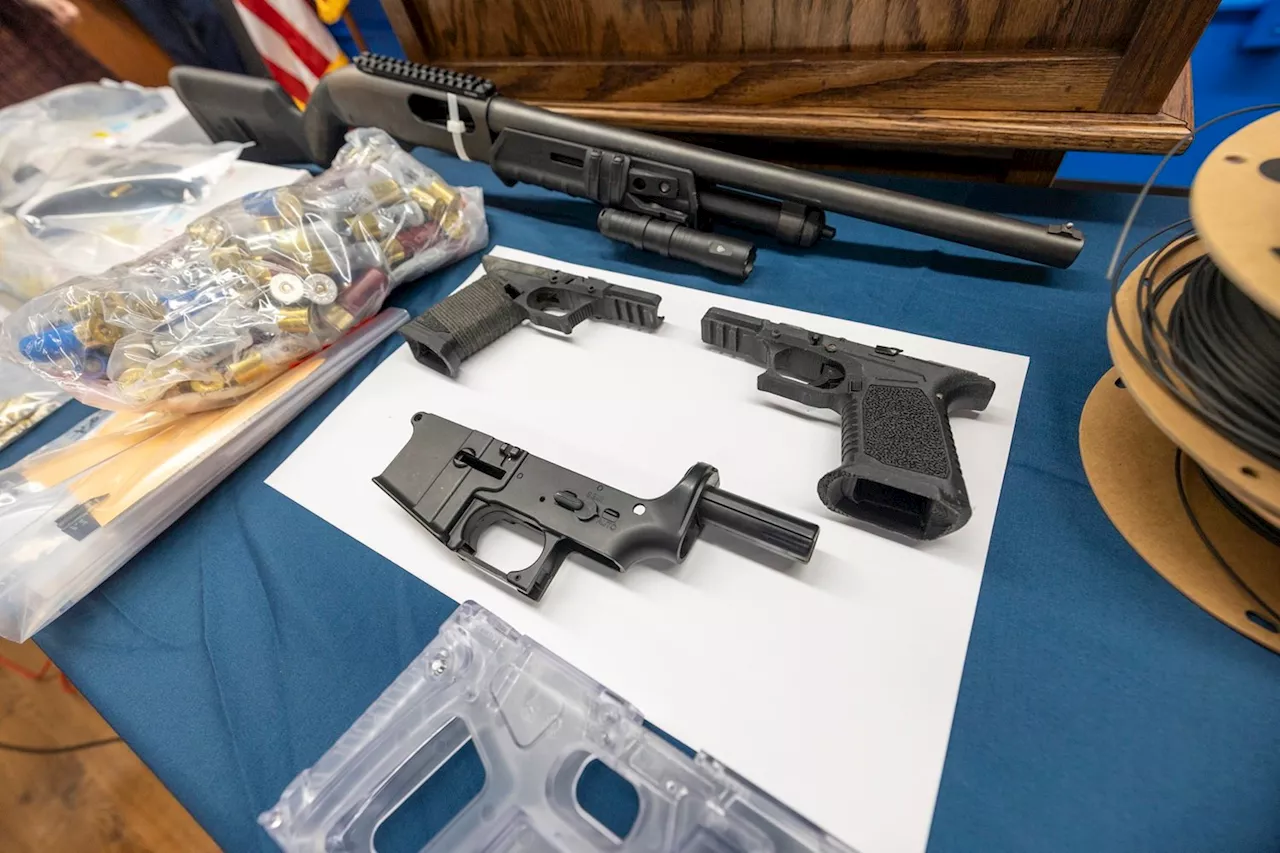 New York Proposes Doing Background Checks on Anyone Buying a 3D PrinterThe new law would treat buying a 3D printer like buying a gun.
New York Proposes Doing Background Checks on Anyone Buying a 3D PrinterThe new law would treat buying a 3D printer like buying a gun.
Read more »
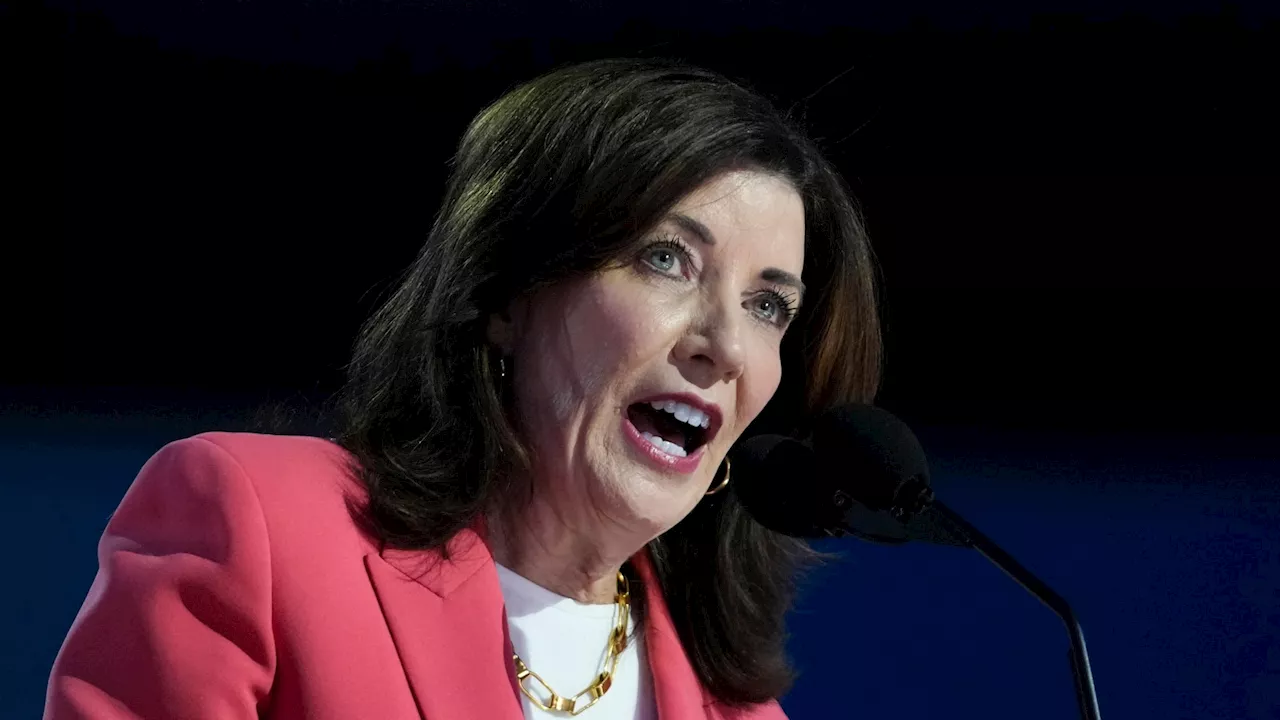 Hochul Proposes New Laws to Curb Hedge Fund Home Purchases in New YorkNew York Governor Kathy Hochul announced plans to introduce legislation that would restrict hedge funds' ability to acquire large numbers of single-family homes. The proposed laws include a 75-day waiting period for large investment firms before bidding on new homes and limitations on certain tax benefits associated with such purchases. Hochul aims to address concerns that hedge fund investments are depleting the housing supply for individual buyers and families.
Hochul Proposes New Laws to Curb Hedge Fund Home Purchases in New YorkNew York Governor Kathy Hochul announced plans to introduce legislation that would restrict hedge funds' ability to acquire large numbers of single-family homes. The proposed laws include a 75-day waiting period for large investment firms before bidding on new homes and limitations on certain tax benefits associated with such purchases. Hochul aims to address concerns that hedge fund investments are depleting the housing supply for individual buyers and families.
Read more »
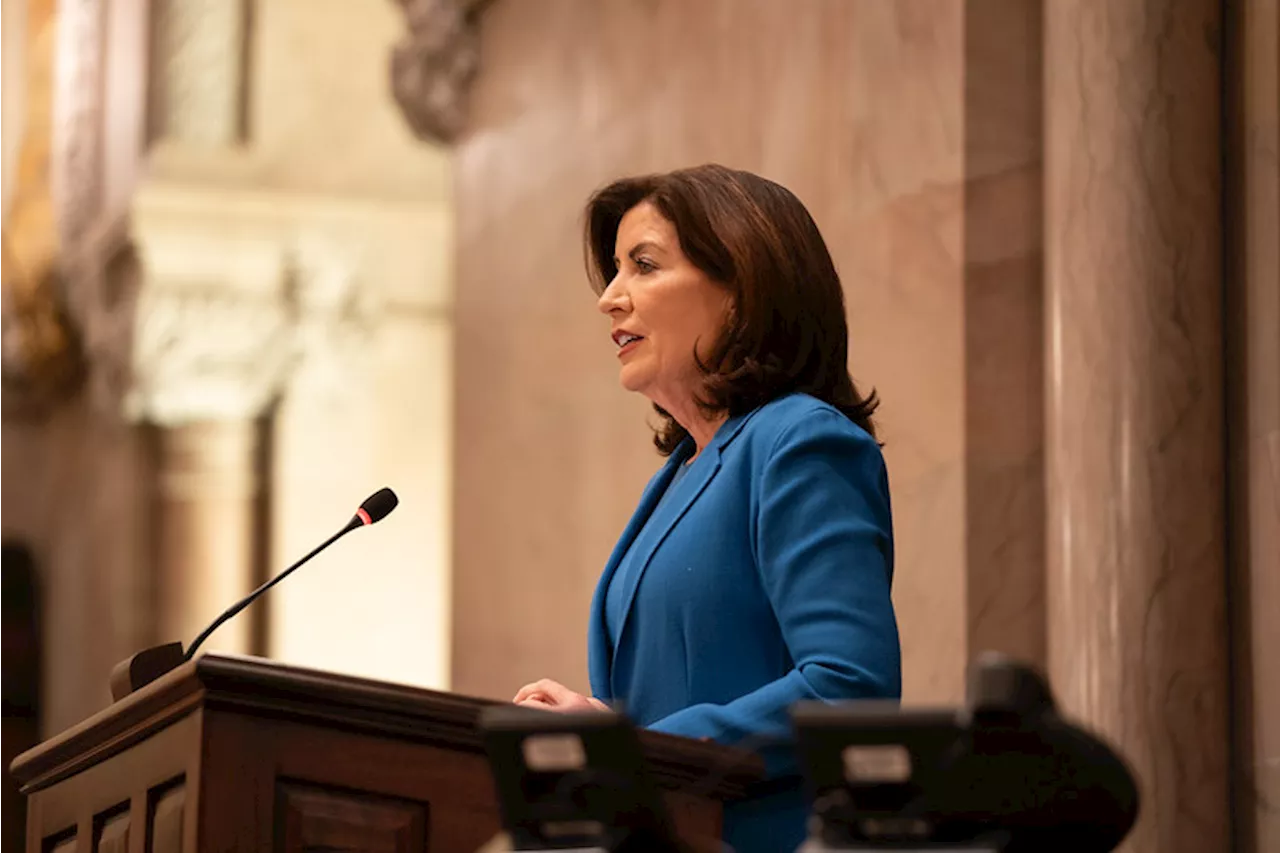 Hochul Proposes Expansion of New York State's Child Tax CreditNew York Governor Kathy Hochul unveiled a proposal to expand the state's child tax credit, potentially providing families with children under age four up to $1,000 per child. The average benefit amount would double from $472 to $943. Hochul emphasized the proposal's focus on addressing the state's high cost of living and poverty.
Hochul Proposes Expansion of New York State's Child Tax CreditNew York Governor Kathy Hochul unveiled a proposal to expand the state's child tax credit, potentially providing families with children under age four up to $1,000 per child. The average benefit amount would double from $472 to $943. Hochul emphasized the proposal's focus on addressing the state's high cost of living and poverty.
Read more »
 Governor proposes banning cellphones in schools throughout New York state starting next fallALBANY, N.Y. (AP) — Students throughout New York state might have to give up their cellphones during school hours starting next fall under a proposal
Governor proposes banning cellphones in schools throughout New York state starting next fallALBANY, N.Y. (AP) — Students throughout New York state might have to give up their cellphones during school hours starting next fall under a proposal
Read more »
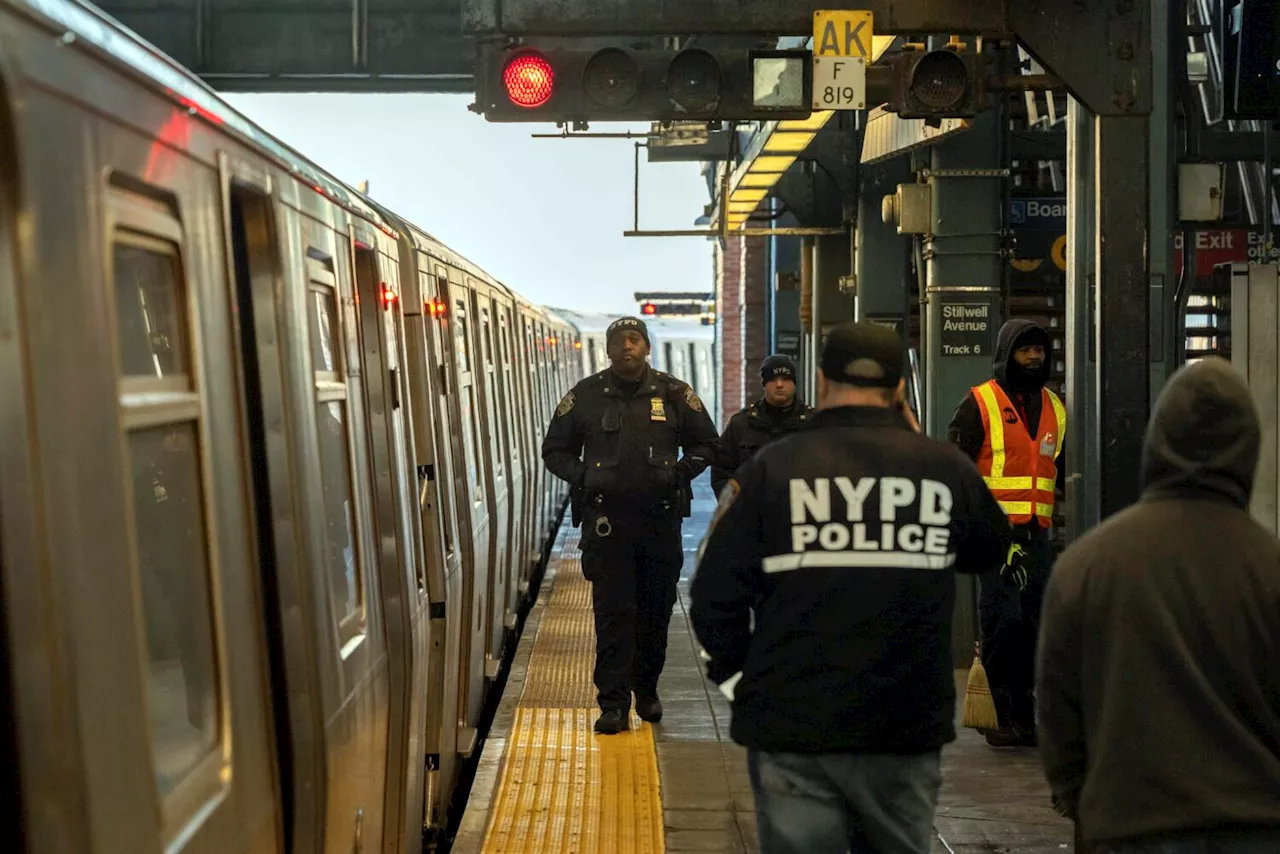 New York Governor Proposes Expanding Involuntary Commitment Laws for Mental Health TreatmentFollowing a series of violent crimes in the New York City subway system, Governor Kathy Hochul aims to broaden the state's involuntary commitment laws, enabling hospitals to compel more mentally ill individuals into treatment. Hochul emphasizes the need to address the surge in subway crime, stating that many incidents involve individuals with untreated mental illness who are disconnected from the mental health care system. While acknowledging that most people with mental illness are not violent, she argues that intervention is crucial to protect public safety and provide necessary care.
New York Governor Proposes Expanding Involuntary Commitment Laws for Mental Health TreatmentFollowing a series of violent crimes in the New York City subway system, Governor Kathy Hochul aims to broaden the state's involuntary commitment laws, enabling hospitals to compel more mentally ill individuals into treatment. Hochul emphasizes the need to address the surge in subway crime, stating that many incidents involve individuals with untreated mental illness who are disconnected from the mental health care system. While acknowledging that most people with mental illness are not violent, she argues that intervention is crucial to protect public safety and provide necessary care.
Read more »
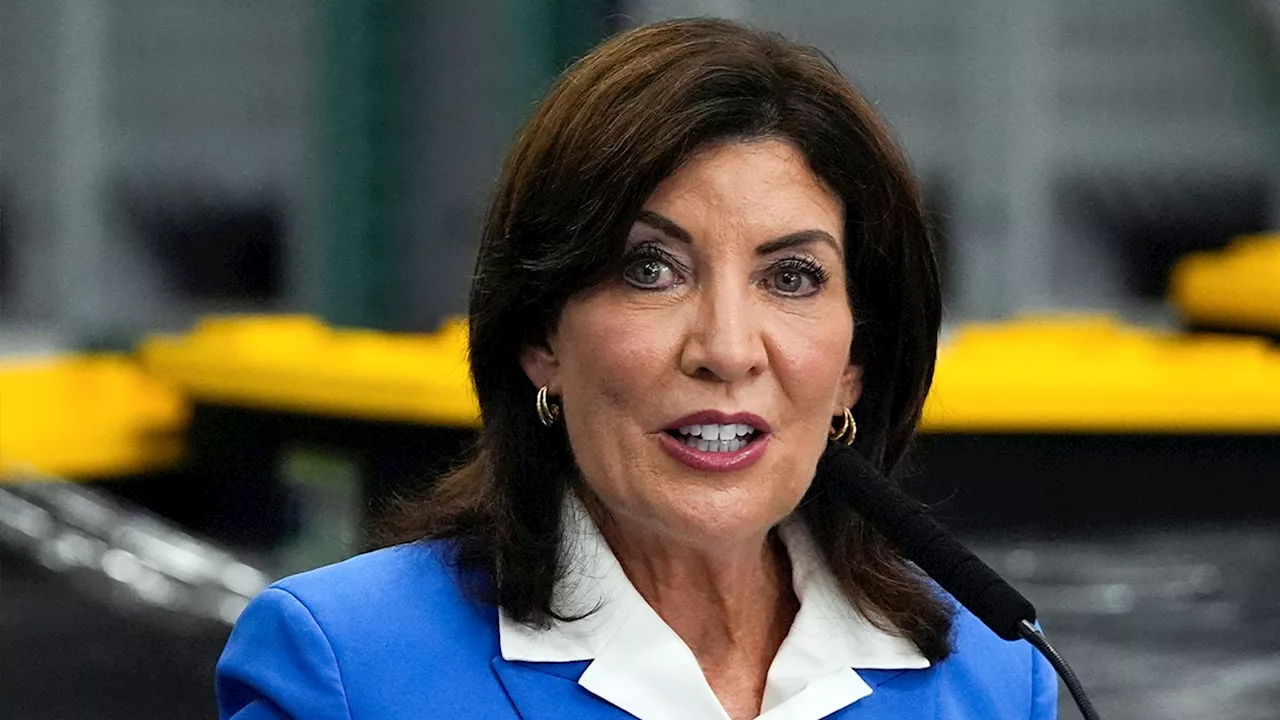 New York Governor Proposes Universal Free School MealsGovernor Kathy Hochul announced a proposal to provide free breakfast and lunch to all students in New York state, regardless of income. The plan would cover over 2.7 million students and eliminate income requirements for existing school meal programs. Hochul argues that universal meals would reduce stigma for students who receive subsidized meals and ensure all children have access to nutritious food.
New York Governor Proposes Universal Free School MealsGovernor Kathy Hochul announced a proposal to provide free breakfast and lunch to all students in New York state, regardless of income. The plan would cover over 2.7 million students and eliminate income requirements for existing school meal programs. Hochul argues that universal meals would reduce stigma for students who receive subsidized meals and ensure all children have access to nutritious food.
Read more »
